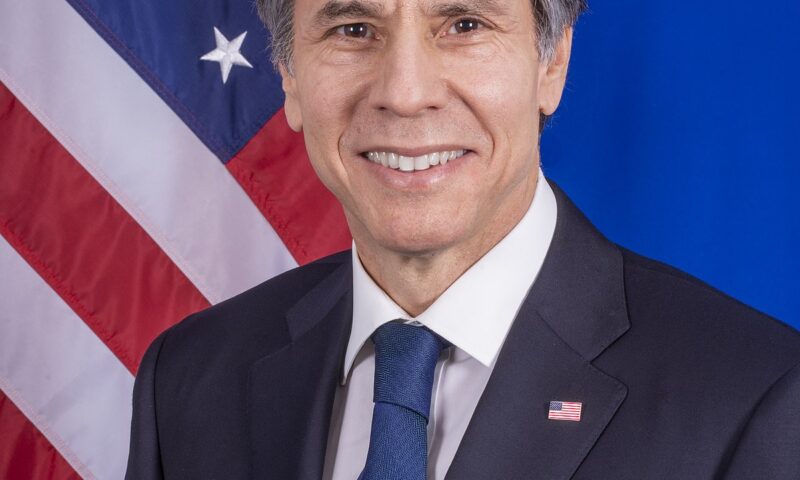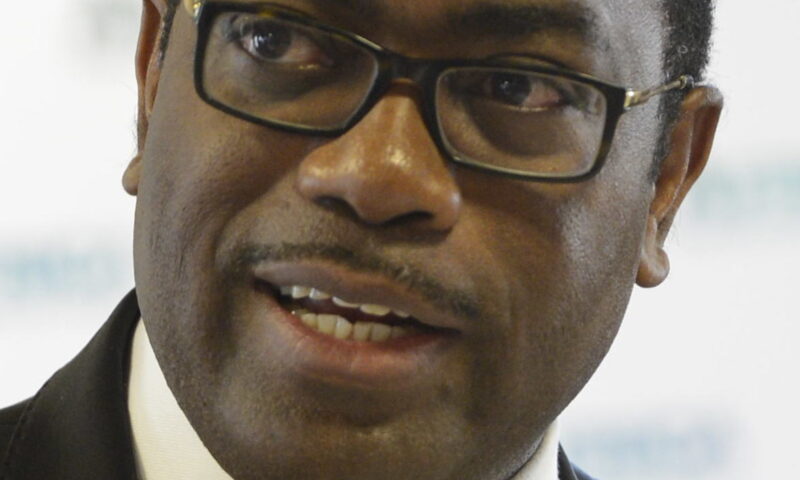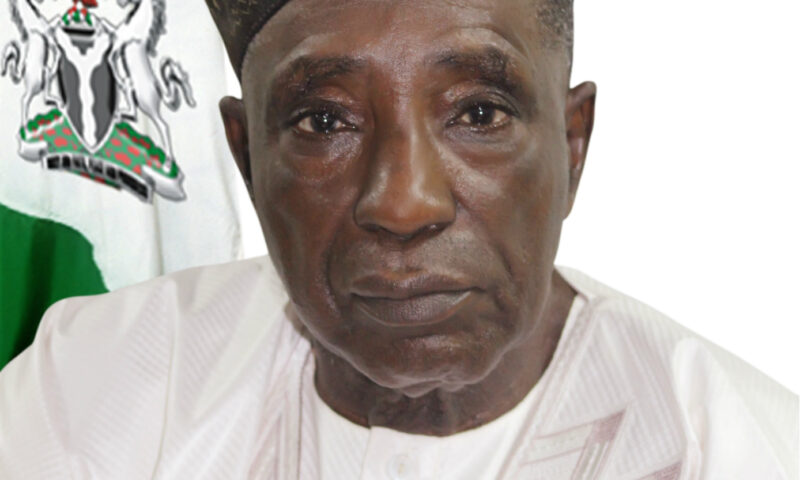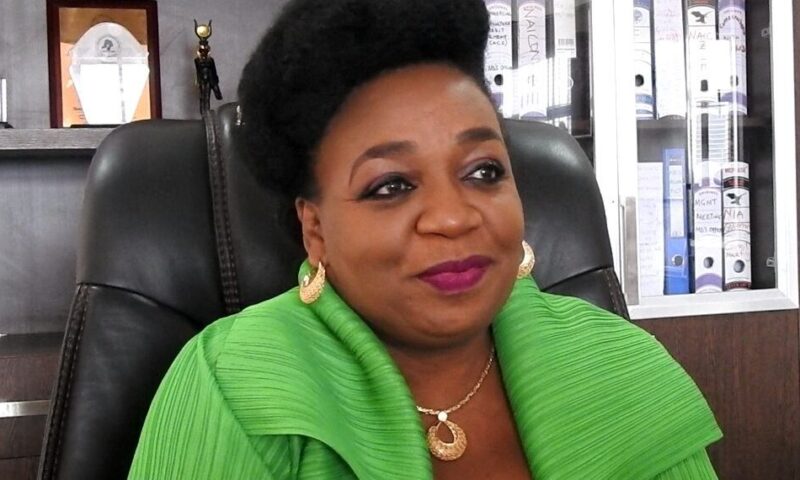UK to give Nigeria, 9 other countries $215mn for food
By Favour Nnabugwu
United Kingdom, UK, has given approval to provide additional $216millíon to Nigeria and 9 other countries for emergency food assistance.
Secretary of State of the UK, Anthony Blinken who revealed this said the other nine countries Algeria, Cameroon, Uganda, Zimbabwe, Mauritania, Burkina Faso, Rwanda, Tanzania, Kenya, will also enjoy from the largesse.
Blinken informed that America has pledged more than $2.3 billion in food assistance since February to cushion the impact of the Ukrainian war on the benefitting countries.
A statement from the US Department of State on Wednesday disclosed that Blinken stated this before a meeting with the foreign affairs ministers of Nigeria, Democratic Republic of Congo, Egypt, Gabon, Ghana, Kenya, Mauritania, South Africa, Zambia, and Senegal, at the United Nations headquarters in New York.
Russia’s invasion of Ukraine on February 24 has led to global shortage of food and fertilizer due the inability of the two countries to produce and export corn,Rice, Wheat and cooking oil.
Recall that Russia had allegedly frozen the export of wheat from Ukraine.
The senior US official said, America is addressing the humanitarian needs that arose as a result of the crisis in Russia and Ukraine.
“First, we’re addressing the humanitarian needs caused by the war of aggression against Ukraine. Just since February, the United States has pledged more than $2.3 billion of food assistance. And pending final approval from our Congress, we’ll provide more than $5bn in additional aid, including more than $760m specifically for global food security.
“Plus, today we’re announcing an additional $215m for emergency food assistance in Algeria, Cameroon, Uganda, Zimbabwe, Mauritania, Nigeria, Burkina Faso, Rwanda, Tanzania, and Kenya, among other countries.”
Blinken further revealed that his country was working to alleviate the global fertilizer shortage by boosting domestic production, adding that President Joe Biden committed an additional $250m just a week ago, totalling $500m invested in American fertilizer production this year.
The Secretary of State also explained that the US focused on building agricultural resilience over the long term while commending the African Development Bank on its $1bn plan to help 40m African farmers use climate-resilient technologies and increase crop yields.
Blinken stated that the US Feed the Future initiative, which is focused on creating long-term improvements to food security, including with partners across Africa, would be supported with another $5bn over the next three years and expand to new countries, including in Africa.
Born on the 6th of April 1962 (age 60 years), in New York, America ,Antony John Blinken is an American government official and diplomat serving as the 71st United States secretary of state since January 26, 2021.
He previously served as deputy national security advisor from 2013 to 2015 and deputy secretary of state from 2015 to 2017 under President Barack Obama





